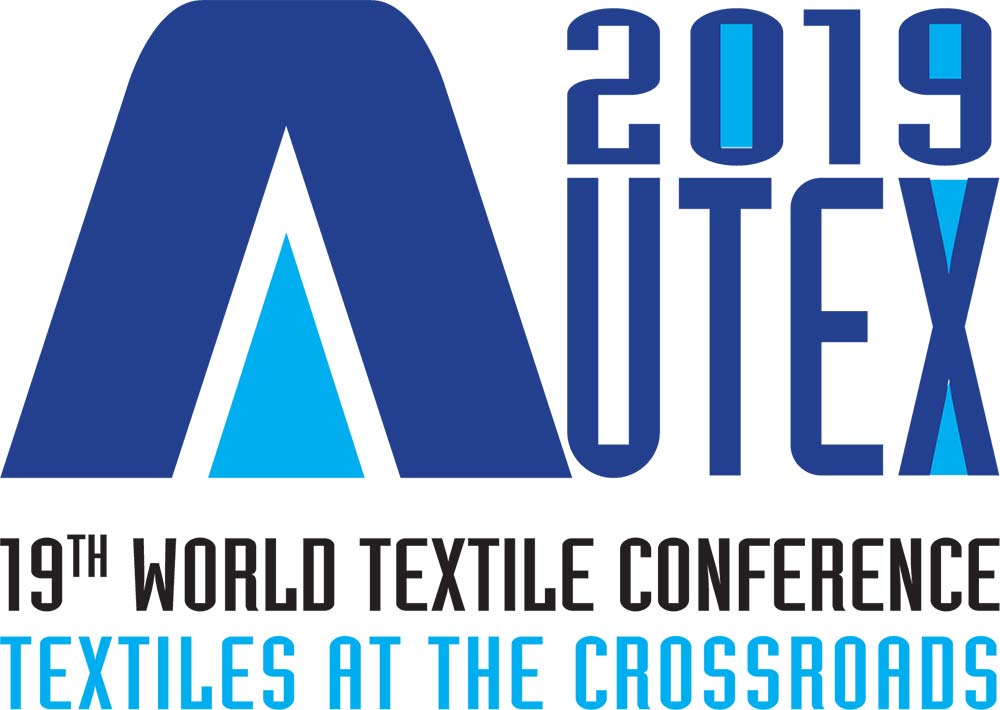2A3_0331_ THE INFLUENCE OF USING AGRICULTURE WASTES AS REINFORCING FILLERS ON HYBRID BIOCOMPOSITES PROPERTIES
- Aly M. Nermin
- Doaa Essamey El-Nashar
Abstract
Recently, there is a growing interest towards using natural lignocellulosic fibers in reinforcing composites to comply with the global requirements for producing more eco-friendly products. These fibers are offering several desirable properties like renewability, low density, adequate strength, thermal insulation and recyclability. Natural fibers and fillers have proven their success in reinforcement of polymer matrix composites to produce a cost-effective substitute to wood and plastic based products for various industrial applications. Natural fillers can be obtained from several resources such as agricultural wastes which are a good renewable source for lignocellulosic fibers such as date palm leaves, bagasse, rice husk, banana, wood fibers, etc. Their widely usage as fillers in polymeric matrices is owing to their availability, ease of processing and low costs, in addition to improving the mechanical behavior of the produced composites. In this study, hybrid woven sandwich
biocomposites samples were fabricated from polyester and flax yarns, using polyester resin as matrix. Agriculture wastes such as date palm leaves and wood flour were used as reinforcing fillers. Chemical modification of lignocellulosic materials was applied to enhance the compatibility between the reinforced materials and the matrix. The hybrid sandwich biocomposites were prepared using grinded date palm leaves and wood flour as filler materials at various weight loading (10, 20 and 30 wt.%). The influence of the fillers content on the performance of the produced biocomposites was examined. Mechanical properties were evaluated throughout impact and flexural tests in both the warp and weft directions of the fabricated biocomposites samples. Nevertheless, physical properties such as water absorption were evaluated to assess their performance. Biocomposites sample's densities were determined for further comparison. Results revealed that, using
agriculture waste as fillers have improved the properties of the fabricated hybrid sandwich biocomposites, in which increased the potential of such biocomposites to be used in low cost sustainable structural applications.
Keywords: Date palm leaves, Wood flour, Impact strength, Flexural strength, Water absorption
How to Cite:
Nermin, A. & El-Nashar, D., (2019) “2A3_0331_ THE INFLUENCE OF USING AGRICULTURE WASTES AS REINFORCING FILLERS ON HYBRID BIOCOMPOSITES PROPERTIES”, Proceedings of the 19th World Textile Conference - Autex 2019 , 9. doi: https://doi.org/10.21825/autex.63876
Downloads:
Download pdf
View PDF
